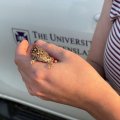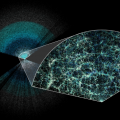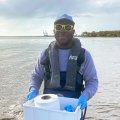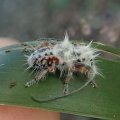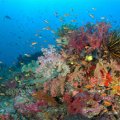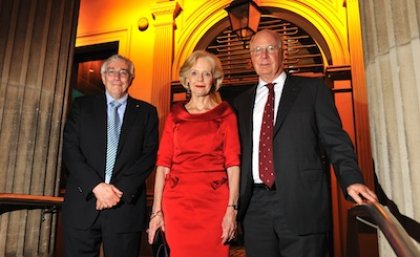
A new line of defence has been established against global health problems and infectious diseases, with the official opening of the Australian Infectious Diseases Research Centre in Brisbane.
The Governor-General, Dr Quentin Bryce AC, declared the Centre open at an event at Customs House on Friday night hosted by The University of Queensland. The AIDRC will be located at UQ’s St Lucia campus.
Centre Director Professor Mark Walker said the AIDRC’s 50 group leaders had a broad range of expertise in infectious diseases.
The Centre would bring together bacterial, viral and fungal disease researchers with Queensland Health infectious disease physicians and UQ experts in nanotechnology, structural biology, cell biology, immunology and therapeutic development.
Professor Walker said the Centre was established in response to the World Health Organisation's call for increased efforts to combat disease outbreaks and develop new vaccines and therapies.
"Without the development of new diagnostics, therapeutics and vaccines, there will be devastating impacts on the global economy and international security," Professor Walker said.
"The centre aims to boost our understanding of how infectious agents cause disease, and to develop preventions and translate those discoveries into improved human health.”
Infections under scrutiny at the centre will include chronic respiratory disease in children, dengue, West Nile virus, chikungunya virus, H1N1 (swine) influenza, human papilloma virus, human polyomavirus and picornavirus-like viruses, respiratory syncytial virus, cryptococcus, multi-resistant pseudomonas and acinetobacter, streptococcus pneumoniae, salmonella, neisseria, urinary tract and gastrointestinal E. coli, tuberculosis, staphylococcus aureus ("golden staph") and flesh-eating bacteria (also known as group A streptococcus).
To mark the AIDRC’s launch, the Centre is sponsoring a $10,000 Eureka Prize, which will be awarded to an individual, group or team for an outstanding contribution to infectious diseases research.
Media: Rosalind Boulton, UQ School of Chemistry & Molecular Biosciences, 07 3365 4043; Fiona Cameron, UQ Communications, 07 3346 7086
Professor Walker is available for interview.

